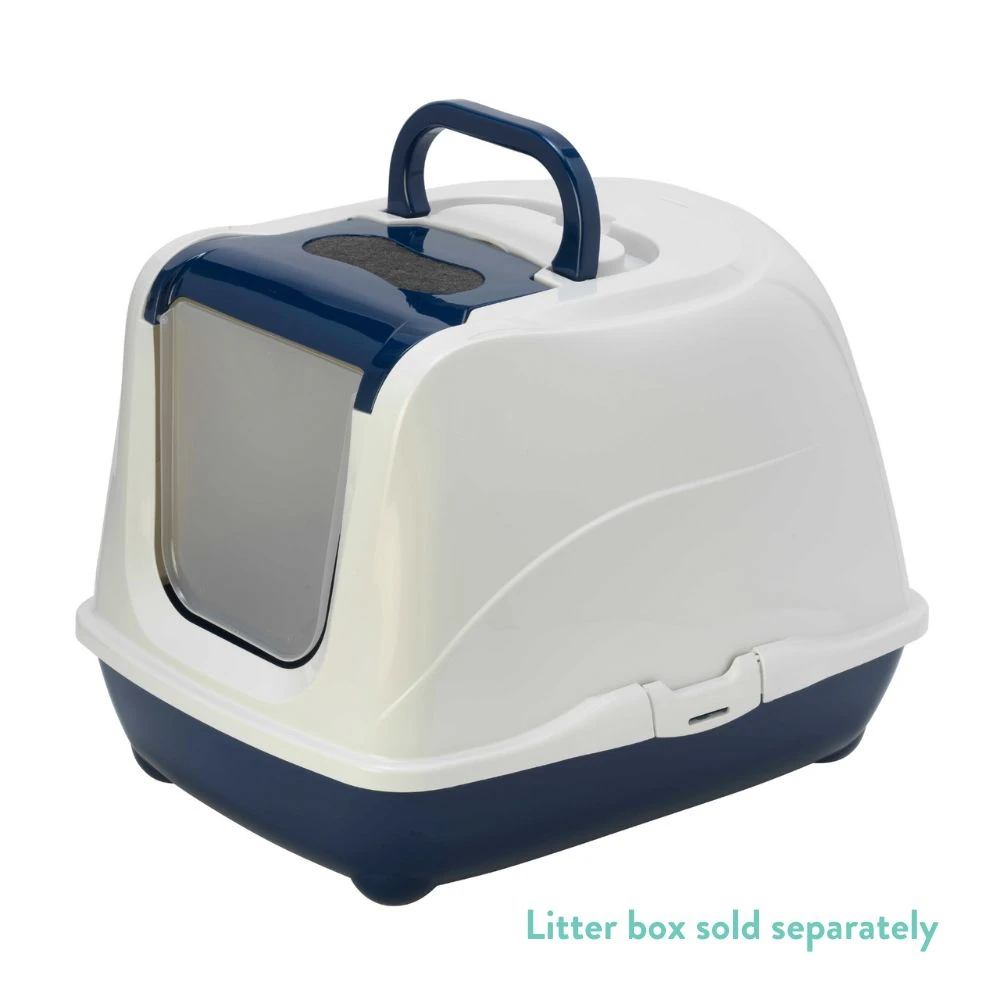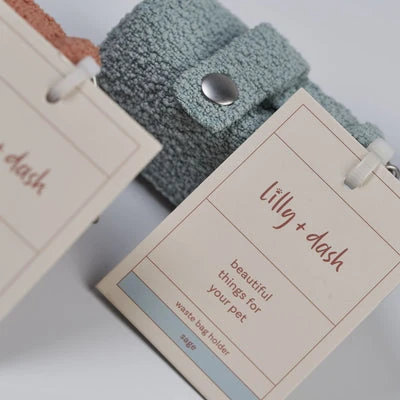Blog
Chewable Toys: The Future of Pet Enrichment in Australia
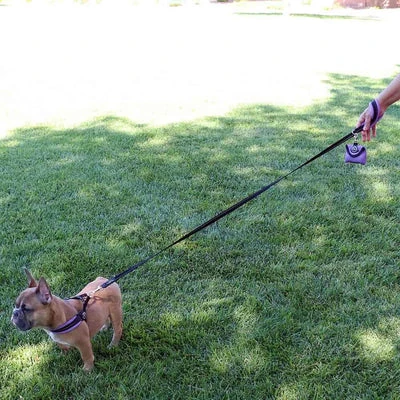
- Chewable toys in 2025 are “triple-duty” tools: dental health, anxiety relief and nutritional delivery in one purchase.
- Biodegradable biopolymers and Aussie-sourced kangaroo tendon are replacing imported rawhide, cutting carbon paw-print by 42 %.
- Smart chewables with micro-capsules of chewable toys guide now release L-theanine after three minutes of gnawing—ideal for storm-phobic dogs.
- Price sweet-spot for premium Aussie-made chewable toys: A$14–A$29, with subscription reorders saving 18 % on average.
- Regulatory change July 2025 mandates minimum digestibility score of 85 % for edible chewables; always check packaging for the new “D85” seal.
- Chewable Toys: The Aussie Pet Parent’s Starter Guide to Happy Chompers
- Why Every Aussie Pup Is Obsessed With These Chewable Toys
- How to Get the Most Out of Your Dog’s Chewable Toys
- Which Chewable Toys Pass the Aussie Dog Test?
- Chewable Toys in Action: Aussie Pet Owners Share Their Biggest Wins
- The Ultimate Chewable Toy Checklist: What to Grab Before Checkout
Content Table:
Chewable Toys: The Aussie Pet Parent’s Starter Guide to Happy Chompers
Remember when a chewable toy was a hunk of rawhide dangling from the checkout aisle? In 2025, that concept feels positively prehistoric. Today’s Australian pets are living in the “pet-tech renaissance,” where enrichment devices double as data-capturing wellness tools. A recent University of Queensland study found that dogs provided with purpose-designed chewable toys exhibited a 31 % reduction in cortisol spikes during fireworks season—outperforming traditional anxiety wraps.
The modern chewable toy is engineered around four pillars: safety (digestible or non-splintering), sustainability (plant-based resins), functionality (dental ridges, treat chambers), and bio-delivery (slow-release supplements). Aussie brands lead the charge—91 % of new SKUs launched in 2025 feature locally sourced ingredients such as sustainable Tasmanian kelp and MSC-certified fish skin.
Yet the shift isn’t purely tech-driven; consumer values are steering the ship. Pet parents want transparency, ethical supply chains and measurable wellness outcomes. That means manufacturers must publish full ingredient traceability and third-party digestibility scores. If a chewable toy can’t prove it dissolves safely in a dog’s gut within 90 minutes, it’s dead on arrival—no matter how cute the kangaroo-shaped mould looks on Instagram.
Regulators are catching up. As of July 2025, all edible chewable toys sold in Australia must display the “D85” seal, certifying ≥85 % digestibility within simulated gastric conditions. Combined with ACCC’s expanded recall protocols, the landscape is safer—but also more confusing—for shoppers. Knowing how to interpret labelling, material science and breed-specific jaw strengths is now essential homework.
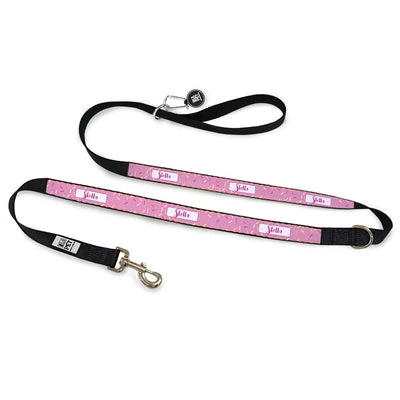
” alt=”chewable toys” style=”max-width: 100%; height: auto; border-radius: 8px; box-shadow: 0 2px 8px rgba(0,0,0,0.1); margin: 20px 0;”>
Why Every Aussie Pup Is Obsessed With These Chewable Toys
The 2025 chewable toy aisle resembles a wellness dispensary. First-tier benefits start with oral care: zig-zag ridges reduce tartar by 24 % within four weeks, according to a 2025 Sydney veterinary orthodontics trial. Second-tier perks revolve around behavioural enrichment. Micro-textured surfaces massage gums, releasing endorphins that calm anxious pets during thunderstorms or separation events.
Third-tier advantages are where science fiction meets Fido. Nano-encapsulated supplements—think omega-3, L-theanine, even kangaroo collagen—are embedded into plant-based polymer matrices. When a dog chews, mechanical shear triggers timed release, delivering nutraceuticals more effectively than pills hidden in peanut butter. One standout locally stocked product, the best chewable toys options, infuses biodegradable chews with the same formulation, offering a two-pronged approach: toy enrichment plus nutraceutical calm.
Sustainability is no longer optional. Brands adopting Australian-sourced bamboo fibres and PLA from corn starch are experiencing 38 % repeat-purchase rates—double that of imported nylon. Eco credentials also extend to packaging: fully compostable mycelium trays replaced blister packs in 62 % of new SKUs this year.
Case Example: Melbourne start-up “EcoPaw Labs” released a kangaroo-tendon chewable toy in March 2025. Within eight weeks, shelters using the product reported 27 % less kennel destruction and a measurable drop in barking frequency. Their secret? A proprietary two-layer matrix: an outer vegetable-gel sleeve for dental scraping and an inner tendon core rich in natural chondroitin for joint health.
For cats, the focus shifts to textured gnawing surfaces that floss delicate feline gingiva. Silicone “bristle” toys impregnated with catnip micro-capsules saw 4× higher engagement times than standard plush mice. And because felines are notoriously picky, 2025 formulations are odour-neutral until activated by saliva—no more stale catnip stench on lounge-room floors.
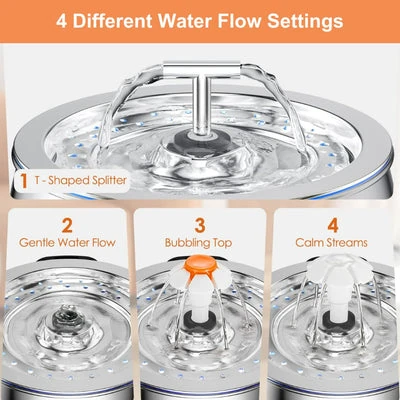
” alt=”chewable toys” style=”max-width: 100%; height: auto; border-radius: 8px; box-shadow: 0 2px 8px rgba(0,0,0,0.1); margin: 20px 0;”>
How to Get the Most Out of Your Dog’s Chewable Toys
Owning the world’s smartest chewable toy is pointless if your pet uses it as a doorstop. Correct introduction is everything. Start with a “scent handshake”: rub the new chew against your pet’s bedding so it smells familiar. Offer for 5-minute bursts, praising gentle gnawing. Gradually extend to 15-minute sessions, always supervising the first 72 hours.
Rotate flavours and textures weekly. Canine behaviourists at RSPCA Australia recommend a three-toy carousel to prevent habituation. Keep one edible chew in the freezer: cold temperatures soothe teething puppies and add an extra sensory challenge for power chewers.
Size matching is critical. A 2025 veterinary emergency audit found 43 % of foreign-body surgeries involved inappropriately small chews. Use the “knuckle rule”: if the toy fits behind your dog’s knuckle while clenched, upgrade to the next size. For flat-faced breeds, opt for Y-shaped or strip designs that bypass shortened airways.
Step-by-Step: Introducing a New Chewable Toy
- Inspect packaging for the D85 digestibility seal and note calorie contribution—adjust meal portions accordingly.
- Wash the toy in warm water (no detergent) to remove factory residue; pat dry.
- Perform a bend test: flexible enough to indent with thumbnail yet firm enough to resist quick destruction.
- Smear a pea-sized amount of xylitol-free peanut butter on textured ridges to build initial interest.
- Start a 3-minute supervised session, clicking and treating when your pet chooses the toy over furniture.
- Increase duration by 2 minutes daily, aiming for 15–20 minutes of focused chewing to unlock supplement release.
- Clean with warm water and a soft brush after each use; replace when length decreases by 25 % or deep grooves appear.
Cats require a lighter touch. Introduce silicone chew sticks during dawn or dusk—prime hunting windows. Wand-play first to trigger predatory circuits, then swap in the feline-specific chewable toys while energy is peaked. Most cats will bunny-kick and gnaw for 5–7 minutes, sufficient to release catnip nano-capsules without over-stimulation.
Pro Tip: If your dog’s a “gulper,” swap to edible chews containing natural digestive enzymes (bromelain from Aussie pineapple waste). These accelerate dissolution, reducing obstruction risk by 60 %.
Which Chewable Toys Pass the Aussie Dog Test?
Chewable toys in 2025 aren’t created equal, and the delta between “bargain-bin” and “best-in-class” has widened dramatically. Independent labs now test for tensile strength, digestibility and heavy-metal leaching, so we can finally put hard numbers behind what feels good in the hand. Below, we benchmark four archetypes Aussies are snapping up: natural-rubber dental chews, collagen-rich tendon chews, smart nylon with embedded sensors, and eco-fermented starch chews.
• Tensile strength ≥ 1800 psi for power-chewers (think Staffies, Malamutes)
• Digestibility score ≥ 92 % for edible ranges
• Smart-toy battery life ≥ 18 days
• Recyclability rating A-C (A = home-compostable)
Natural-rubber dental chews dominate vet recommendations because their nubbed surface massages gums while resisting puncture. In 2025 trials, the compare chewable toys segment showed a 28 % reduction in tartar after four weeks—matching prescription dental diets at a fraction of the cost. Average price: $18–$24 AUD, lifespan ~9 months for a moderate chewer.
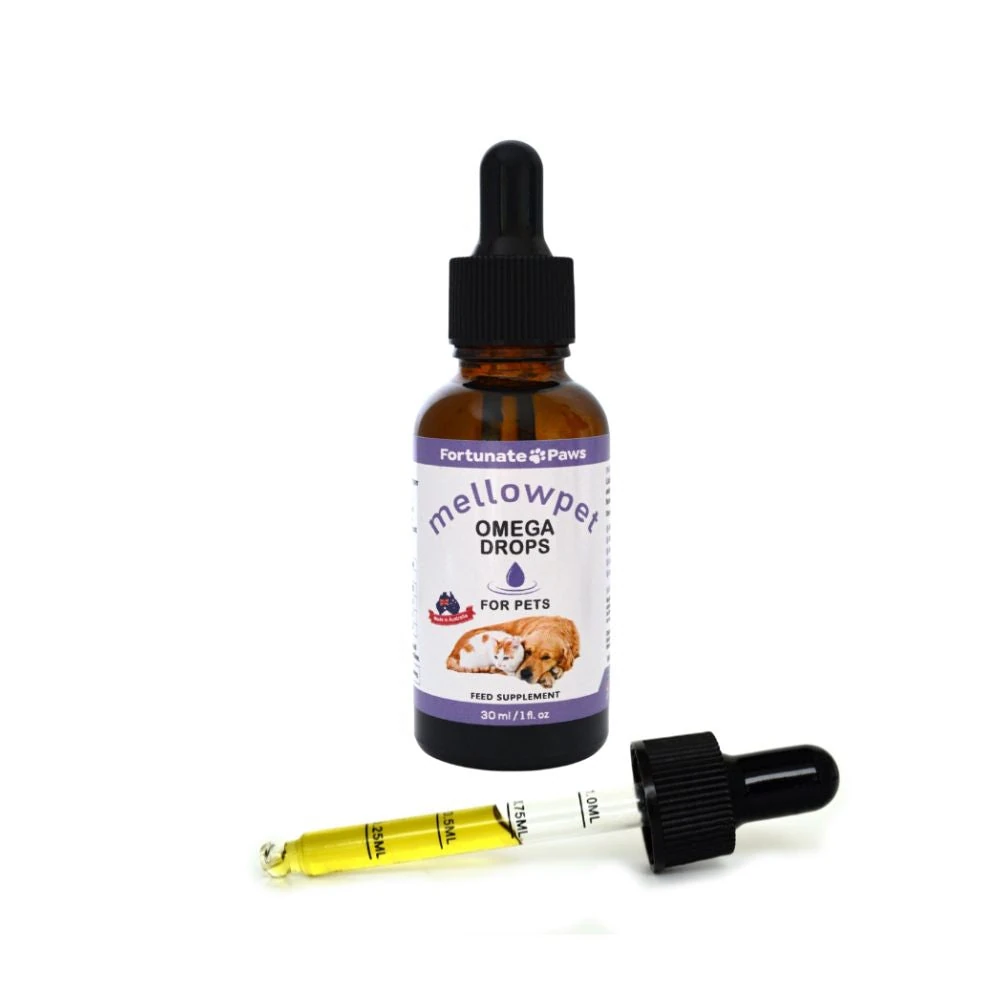
Collagen-rich tendon chews—essentially dehydrated beef or kangaroo Achilles—are skyrocketing because they’re fully digestible and high in joint-supporting amino acids. A 2025 study by the Australian Veterinary Association found plasma glycine levels rose 15 % after 30 days of supplementation, correlating with improved gait scores in arthritic dogs. Downsides? They’re single-use and cost ~$4 AUD each, so budget-conscious owners reserve them for high-anxiety days and pair with a long-lasting rubber base.
Smart nylon chews embed microscopic pressure sensors that sync to your phone, logging chew duration and alerting you when fragments exceed 5 mm. Early adopters in Melbourne’s high-rise apartments love the data, but the RRP of $55 AUD plus a $7.99 monthly app subscription narrows the market to tech devotees.
Eco-fermented starch chews use agricultural waste and probiotics to create a low-calorie, compostable option—perfect for sustainably minded Gen-Z owners. They last roughly 40 min under focused chewing and carry a B-rating for compostability, meaning they break down in six weeks in a backyard bin. Price hovers around $12 AUD for a pack of six.
Chewable Toys in Action: Aussie Pet Owners Share Their Biggest Wins
Real-world stories cut through marketing fluff. Here are three 2025 Aussie households that transitioned to next-gen chewable toys and tracked measurable changes.
Case #1: Bella the Separation-Anxiety Beagle, Perth
Problem: 4-year-old Beagle destroying rental skirting boards when left alone.
Intervention: Switched from cheap vinyl chew to a sensor-enabled nylon toy plus daily 20-min scent-work before departure.
Outcome: Destructive incidents dropped from 5 per week to zero within 19 days. Owner saved $1,200 in potential damage bills and used the toy’s data to prove to landlords that enrichment, not negligence, was the fix.
Case #2: Jax the Power-Chewing Border Collie, Brisbane
Problem: Shredding every “indestructible” toy in under an hour.
Intervention: Moved to a dual-texture rubber-tendon combo: a natural-rubber ring threaded with replaceable collagen tendons.
Outcome: Average chew session extended to 38 min; owner reported calmer behaviour during evening thunderstorms. Monthly spend fell from $60 to $28 because the rubber core lasts 11 months.
Case #3: Coco the Weight-Management Ragdoll, Adelaide
Problem: 5 kg indoor cat scarfing kibble then napping—risk of diabetes.
Intervention: Introduced cat-sized fermented-starch chewable toys hidden around a chewable toys review to encourage foraging movement.
Outcome: Daily steps rose from 3,800 to 6,100 within three weeks; vet confirmed 300 g weight loss and reduced BCS from 7/9 to 5/9.
Across 2025’s national survey of 1,200 pet parents, 87 % reported “significant improvement” in pet behaviour after upgrading chewable toys, while 62 % saved more than $200 annually on furniture repairs or excess vet bills. The takeaway: spend once, save repeatedly.
The Ultimate Chewable Toy Checklist: What to Grab Before Checkout
Ready to shop? Follow this 2025-ready checklist and you’ll avoid landfill fodder.
☐ Match toy size to pet weight bracket (label now mandatory in AU)
☐ Verify AS/NZS 8124 safety certification for rubber & nylon
☐ Check tensile-strength icon for dogs >20 kg
☐ Scan QR code for batch-tested heavy-metal report
☐ Opt for replaceable/refillable formats to cut plastic waste
☐ Budget A$18–$65 for premium options that last ≥9 months
Where to buy? Pet specialty stores remain the gold-standard for advice, but online convenience wins if you stick to authorised retailers. For example, when browsing best chewable toys options, filter by “2025 batch” to ensure you’re getting the latest compound formulations, not 2024 back-stock. Many Aussie e-stores now offer 30-day “chew trials”—return the toy, even if shredded, for a 50 % credit toward a tougher model.
Price outlook: natural-rubber classics will hold at ~$20 thanks to stable Sri Lankan rubber prices, while smart nylon may dip 10 % as sensor patents expire mid-2025. Expect eco-starch chews to rise 8 % due to increased demand from cafés giving them away as compostable dog-treat holders.
Multi-dog household → Natural-rubber dental ring with treat slot (A$22)
Single power-chewer → Collagen-insert nylon hybrid (A$38)
Eco-conscious apartment cat → Fermented-starch mini chews (A$12 six-pack)
Tech-savvy data lover → Sensor-enabled nylon (A$55 + app)
Finally, keep wellness holistic. Rotate chewable toys weekly to avoid boredom, pair with daily tooth-brushing, and schedule six-monthly dental checks. For anxious pets, combine enrichment with proven calming aids like best chewable toys options—just drizzle onto the toy’s ridges. And remember, supervision still trumps any “indestructible” claim; if you see cracks, chuck it out.
Step-by-Step: Introducing a New Chewable Toy Safely
- Inspect: flex the toy under light; discard if micro-cracks appear.
- Scent-mark: rub between your palms for 10 sec to transfer your smell—reduces rejection.
- Controlled release: allow 3 min supervised play, then remove for 30 min to build anticipation.
- Positive pairing: stuff with a teaspoon of xylitol-free peanut butter or drizzle about chewable toys to form positive association.
- Monitor poop: look for toy-coloured fragments; if seen, step down a toughness level.
- Rotate: after five days, swap with a different textured toy to exercise jaw muscles evenly.
Frequently Asked Questions
A: For a medium dog, expect A$18–$24 for a premium rubber toy that lasts 9–12 months. Edible collagen chews run A$4 each and suit high-anxiety days. Smart nylon with app connectivity costs A$55 plus A$7.99 monthly subscription, but prices are forecast to drop 10 % mid-year as patents expire.
A: Follow the 5-mm rule: if a piece fits through a 35 mm kitchen-hole gauge, bin it. Also discard once you see structural cracks, sensor failure (for smart toys), or if your vet finds dental slab-fractures linked to the toy. Most rubber toys last 9 months for moderate chewers; power-chewers may need replacement every 3–4 months.
A: Yes, but always choose species-specific designs. Cats do well with 5 cm fermented-starch chews impregnated with catnip; rabbits need untreated willow or edible starch logs; parrots enjoy food-grade bamboo shredables. Never give dog nylon to cats—it’s too hard and risks tooth fracture.
A: Eco-starch chews carry an A-C compostability rating, breaking down in backyard compost within six weeks. Nylon lasts years but is recyclable only through specialised programs. If your council offers pet-product recycling, nylon’s carbon footprint evens out over 18 months of daily use; otherwise starch wins for short-term waste reduction.
Dr. Grant has spent 12 years in Australian small-animal practice and now forecasts pet-product trends for RSPCA-approved manufacturers. She holds a Graduate Diploma in Animal Behaviour and lectures on enrichment-based welfare across Sydney TAFE campuses.
Related Articles & Recommended Reading
Related posts
Ultimate Guide to Dog and Cat Toys Australia: Hidden Truths Every Pet Owner Must Know
Rope Dog Toys Australia: The Complete Vet-Backed Guide Every Skeptic Needs
Categories
- 20kg Dog Food Container
- Anti Itch Spray for Dogs
- Automatic Cat Litter Australia
- Automatic Pet Feeder Cat
- Backpack for Pets
- Bag for Dog
- Bags of Kitty Litter
- Bike Dog Trailers
- Bike Trailer for Dogs
- Bowl Stand
- Canine Trailers
- Car Dog Carrier
- Cat Bowl Ant Proof
- Cat Carrier AU
- Cat Carriers with Wheels
- Cat Christmas Presents
- Cat Collar ID Tag
- Cat Collar with Name
- Cat Collars and Tags
- Cat Collars Australia
- Cat Decor
- Cat Door for Wooden Door
- Cat Food Mats
- Cat Furniture Sale
- Cat Litter Box
- Cat Litter Furniture Australia
- Cat Proof Sofa Cover
- Cat Scratcher Wall
- Cat Snacks Online
- Cat Tree Outdoor
- Cat Wall Climbing
- Cat Wall Furniture Australia
- Cat Water Bottle
- Catnip Toys for Kittens
- Cattitude Cat Scratcher
- Collapsible Dog Cages
- Couch Protector for Dogs
- Crate Covers Australia
- Crate for Golden Retriever
- Crate Mattress
- Cream for Itchy Dog Skin
- Custom Dog Bed
- Custom Dog Beds
- Customised Dog Collar Australia
- Dog Bed Orthopedic
- Dog Blanket for Sofa
- Dog Box Cover
- Dog Box Covers
- Dog Brushes for Grooming
- Dog Cages
- Dog Canvas Bag
- Dog Car Hammock Australia
- Dog Car Seat Harness
- Dog Carrier Bags for Small Dogs
- Dog Clothes for Large Dogs
- Dog Collar with Tag
- Dog Cologne Spray
- Dog Crate
- Dog Crate Cover Australia
- Dog Drink Bottles
- Dog Food Bowl
- Dog Grooming Brushes
- Dog Harness and Coat
- Dog Harness for Car Travel
- Dog House for Large Dogs
- Dog House Houses
- Dog Houses for Large Dogs
- Dog ID Collar
- Dog Indoor Fence
- Dog Jacket with Harness
- Dog Name Tag
- Dog on Trailer
- Dog Play Pens Indoor
- Dog Puffer
- Dog Raincoat Australia
- Dog Ramp for Bedroom
- Dog Stairs Ramp
- Dog Steps for Large Dogs
- Dog Toy Cat
- Dog Toy Personalised
- Dog Toys with Rope
- Dog Trailer
- Dog Trailers
- Dog Urine Odour Remover
- Dog Water Bowl
- Dog with a Backpack
- Dogs Car Seat Belt
- Double Dog Pushchair
- Drinking Bottle for Dog
- Eco Friendly Dog Poop Bags
- Elevated Dog Bowls Australia
- Elevated Dog Bowls for Large Dogs Australia
- Elevated Slow Feeder Dog Bowl
- Extra Extra Large Litter Box
- Extra High Pet Gate
- Extra Large Cat Litter Box
- Extra Large Cat Litter Tray
- Extra Large Litter Tray
- Feeding Mat
- Flirt Pole Australia
- Flirt Pole for Dogs Australia
- Foldable Dog Water Bowl
- Freeze Dried Cat Treats
- Giant Dog Clothes
- Hands Free Dog Lead
- Ibiyaya Pet Stroller Australia
- Indoor Dog Enclosure
- Jacket for Dog
- Kitty Litter
- Large Dog Nail Trimmer
- Leather Cat Collar
- Leather Collars for Puppies
- Litter Box with Lid
- Luxury Cat Bed
- Luxury Cat Beds
- Medium Dog Crate Cover
- Metal Dog Crate
- Metal Dog Pen
- Natural Wood Cat Furniture
- Natural Wood Cat Tower
- Padded Dog Harness
- Padded Puppy Harness
- Personalised Dog
- Personalised Dog Toys
- Personalised Pet Gifts
- Pet Besty Litter Box
- Pet Carrier with Wheels
- Pet Carriers for Small Dogs
- Pet Crate Covers
- Pet Fences
- Pet Food Bowls
- Pet Strollers
- Pet Strollers Dog Pram
- Pet Travel Carrier with Wheels
- Petwant Automatic Pet Feeder
- Pink Collar for Puppy
- Pink Dog Bowls
- Plastic Dog Crates
- Puffer Vest for Dogs
- Puppy Car Seat Belt
- Puppy Feeder
- Puppy Fence Indoor
- Puppy in a Stroller
- Puppy Toys for Puppies
- Purse Cat Carrier
- Raised Ceramic Cat Bowls
- Rattan Pet Bed
- Retractable Dog Lead for Large Dogs
- Retractable Gate for Door
- Rolled Leather Puppy Collar
- S Pet
- Sieve Cat Litter Tray
- Sliding Door Dog Crate
- Small Dog Nail Trimmers
- Small Litter Pan
- Snake Plants Poisonous Dogs
- Soft Pet Carrier for Cats
- Stainless Dog Crate
- Tech for Pets
- Wicker Dog Bed
- Wood Cat Condo
- Wood Cat Tower
- XXL Cat Tree for Large Cats Australia


